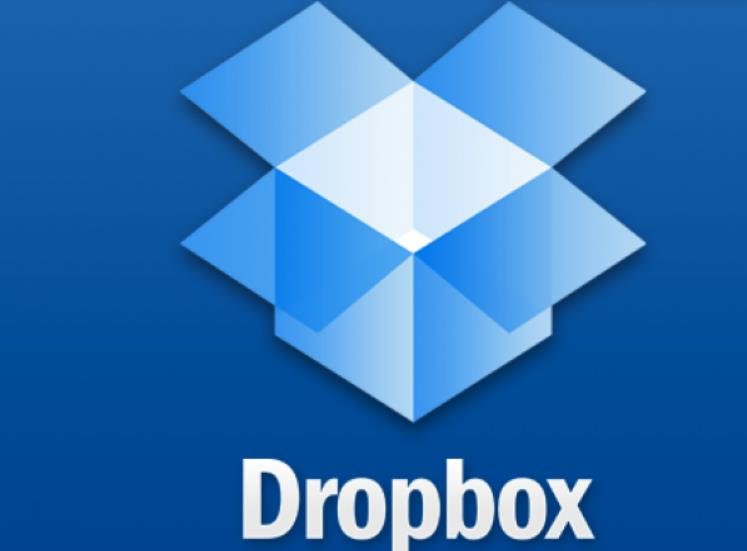Dropbox, the popular cloud storage service, has been facing backlash from users and privacy advocates after it was revealed that a new setting in its account settings, enabled by default, allows the company to share user data with OpenAI, a leading artificial intelligence research organization, when using certain AI-powered features.
Dropbox has introduced several AI features this year, such as Dropbox Dash, a universal search tool that can access various platforms like Google Workspace and Microsoft Outlook, and Dropbox AI, a conversational interface that lets users ask questions or request summaries about their files using a chatbot powered by a language model similar to OpenAI’s ChatGPT.

To provide these features, Dropbox needs to send user data to OpenAI, which hosts and runs the AI models on its servers. According to Dropbox, only the content relevant to an explicit request or command is sent to OpenAI, and the data is never used to train or fine-tune OpenAI’s models. The data is also deleted from OpenAI’s servers within 30 days.
Why are users and experts concerned?
Many users and experts have expressed concern over the lack of transparency and consent from Dropbox regarding the data sharing with OpenAI. The setting, called “Third-party AI”, is turned on by default for anyone (or team) outside of the UK and EEA who is participating in the Dropbox AI alpha, which is available through many of Dropbox’s paid plans or through its Early Access program.
Users who are not aware of this setting may unknowingly share their personal or sensitive files with OpenAI when using the AI features. Even if they opt out of the setting, their files could still be shared with OpenAI if they are shared with someone who is using the AI features.
Some users have also questioned the security and privacy of their data on OpenAI’s servers, especially given the recent controversies and breaches involving other AI companies and platforms. They have also raised ethical and legal issues regarding the ownership and use of their data by third parties without their permission.
How has Dropbox responded?
Dropbox CEO Drew Houston has apologized for the confusion and clarified that the data sharing only happens when users actively engage with the AI features, which are clearly labeled. He also said that the setting does not automatically or passively send any Dropbox customer data to a third-party service.
Dropbox has also updated its AI privacy FAQ page to explain the data sharing process and the steps to opt out of it. The company has also hidden the “Third-party AI” setting from the account settings page, making it harder for users to find and disable it.
Dropbox has stated that it is working with OpenAI to provide AI features that can help users work faster and smarter in Dropbox, and that it is committed to protecting user privacy and security.
